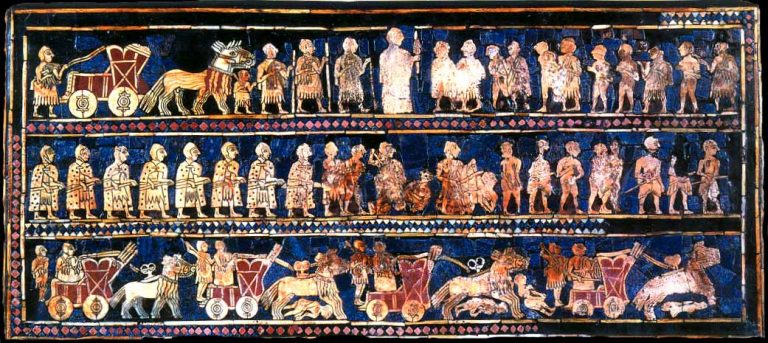After the Second World War, military history became a marginal discipline within academia.
... the study of war has been neglected, no more so than in the ancient Near East, and especially its impact on noncombatant populations.
After the Second World War, military history became a marginal discipline within academia. From 1960 to 1990, devoting oneself to the study of war meant the risk of being described as right-wing, a war-gamer or, in the best cases, second-rate. Some military history specialists explained this marginalisation as the direct result of the trauma caused by the twentieth century, the nuclear threat, the prospect of nonconventional wars, peace movements, or just greater interest in socio-economic rather than political history.
Since the 1990s military history has resurged and there are an increasing number of books, journals, articles, conferences, and scientific meetings on the subject. I believe that the main reason is very simple: the military history being written now is better than what was written before. Today’s military history is no longer devoted solely to military matters but adopts an overall approach to the phenomenon of war, paying particular attention to the interaction between war and the society, the economy, politics, and culture. The result is higher quality history.


Comments